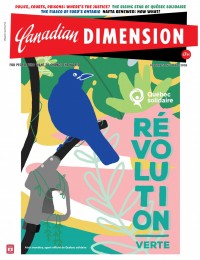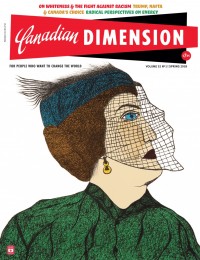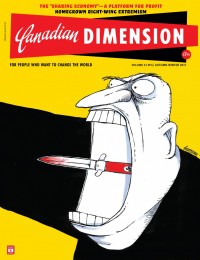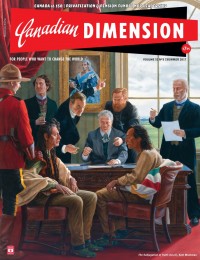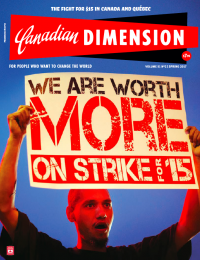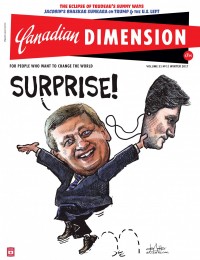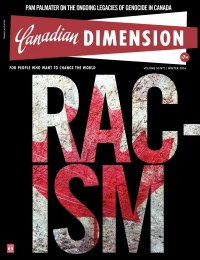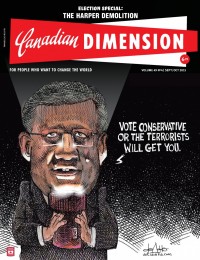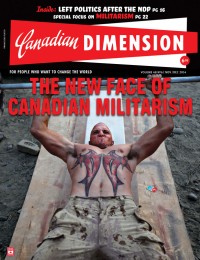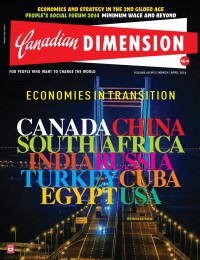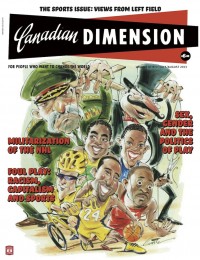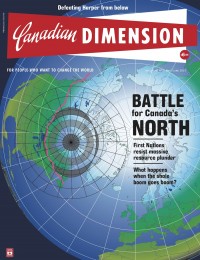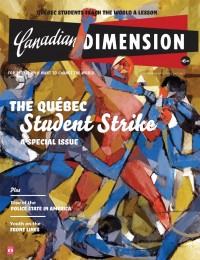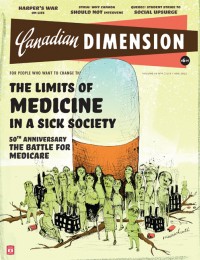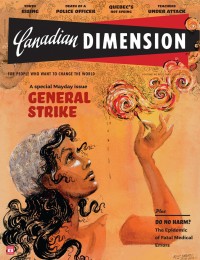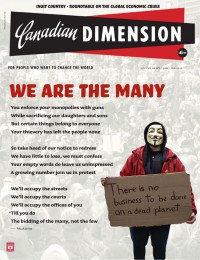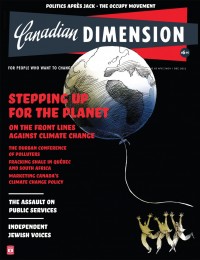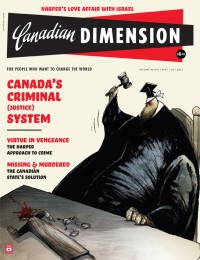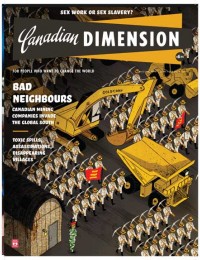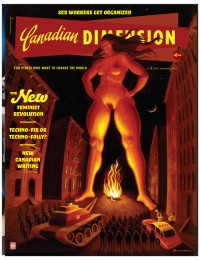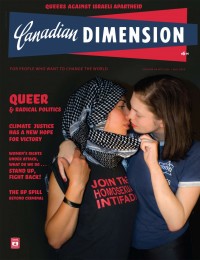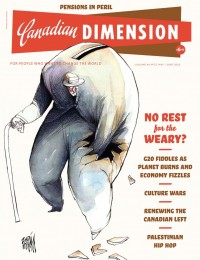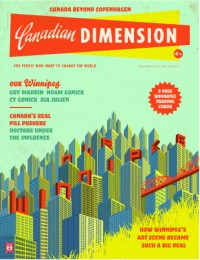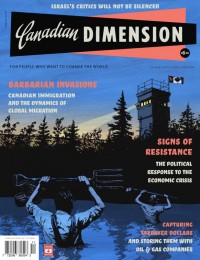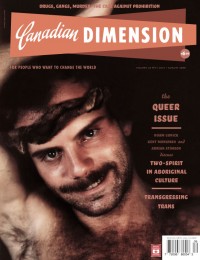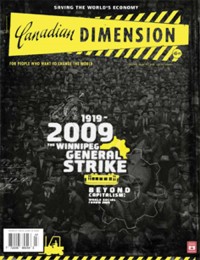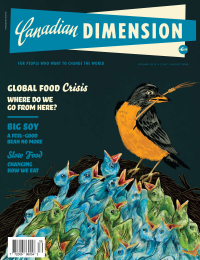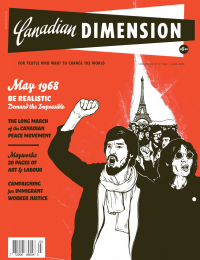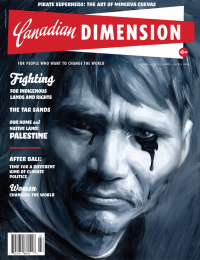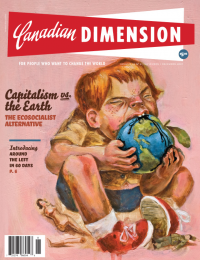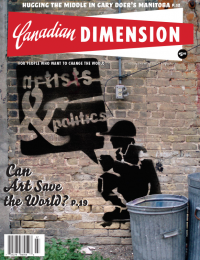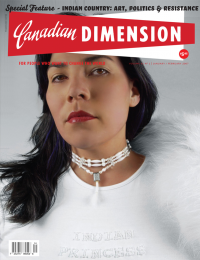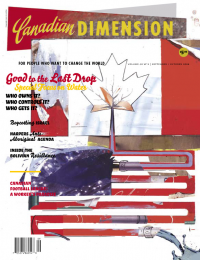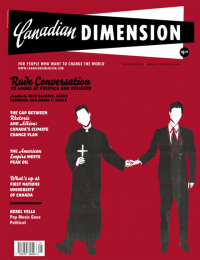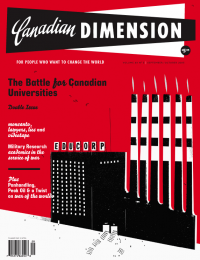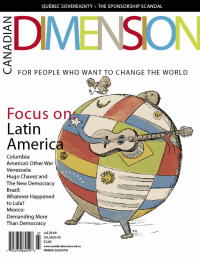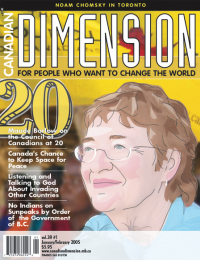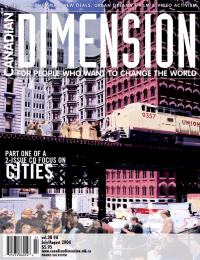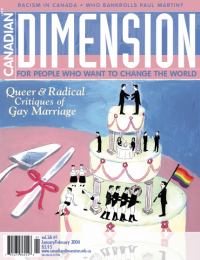Compassionate analysis of homosexuality in the Canadian military
Paul Jackson’s One of the Boys is a complex, layered, and compassionate analysis of homosexuality in the Canadian military during World War II. Through careful and painstaking research, using archival evidence including court martial proceedings and interviews, he writes into World War II a social history of homosexuality in the Canadian Forces—a social history that had been, as he notes, ignored by military historians.
At the heart of the book are six chapters which focus on what he refers to as “the regulators and the regulated.” In the three chapters on “the regulators” he considers how the military sought to regulate homosexuality through the definition of policy, how military law was used to function as a deterrent and how military psychiatry and medicine played a role in the regulatory process. He then turns his attention to the “regulated” and considers queer servicemen in Canada, queer servicemen overseas, and the effect of homosexuality on the esprit de corps, unit cohesion, and morale.
In each of the chapters one finds a sophisticated, rich analysis, drawing on a depth of research. He uses interviews and court martial records to bring to life this social history where he eschews simple answers. For example, in the chapter on military law, he discusses the use of a court martial as a deterrent, drawing on the fear of exposure to circumscribe what was considered unnatural or deviate behavior. However, he also shows how given the needs of the military for “good men” on the front that sometimes officers looked the other way. He also reveals, in later chapters, gay networks that supported servicemen abroad and a complex array of relationships between all types of men from all types of backgrounds.
His book also have a theoretical sophistication that is woven into the analysis that asks the reader to think about the way in which the state regulates our lives, the construction of masculinity and its relationship to wars and war-making and the omnipresent power of heterocentric norms to inflict pain. But he also brings to life the stories of men in the Canadian military.
Jackson may be writing about homosexuality in World War II and he may seek an accounting of why it is that these experiences were written out of the past, but he is also writing for us, today. Through the book and explicitly in the preface to the second edition, Jackson links the past and the present. His observations about the regulatory nature of the State, the power of cultural narratives, and the use of language to shape and reshape society can all be applied to the current Canadian society and to the politics of the day.
Paul Jackson’s analysis of homosexuals in the Canadian military during World War II is a social history, a critique of academic disciplinary mores, and a narrative of pain and pleasure. It brings to light the lives and ways of men who were denigrated by dominant social and state norms and institutions, all the while being in a position to die for that society and that state.
This article appeared in the July/August 2010 issue of Canadian Dimension (Queer 2).







